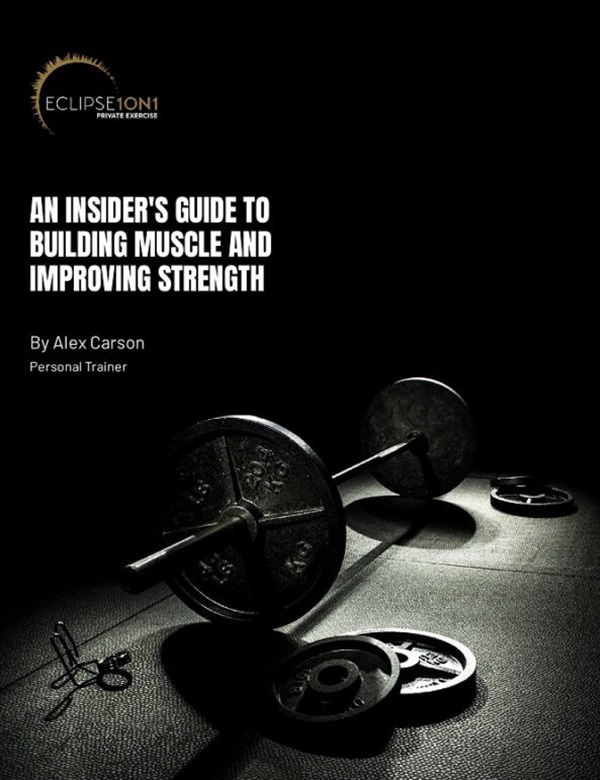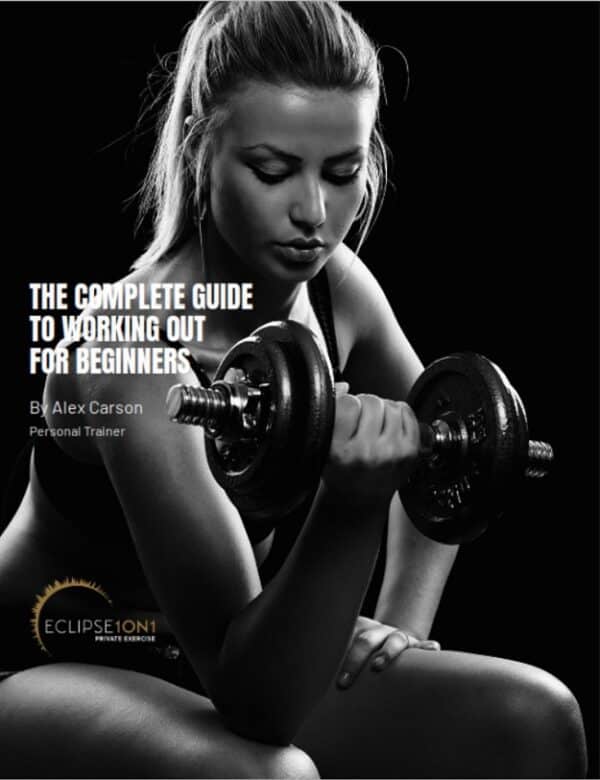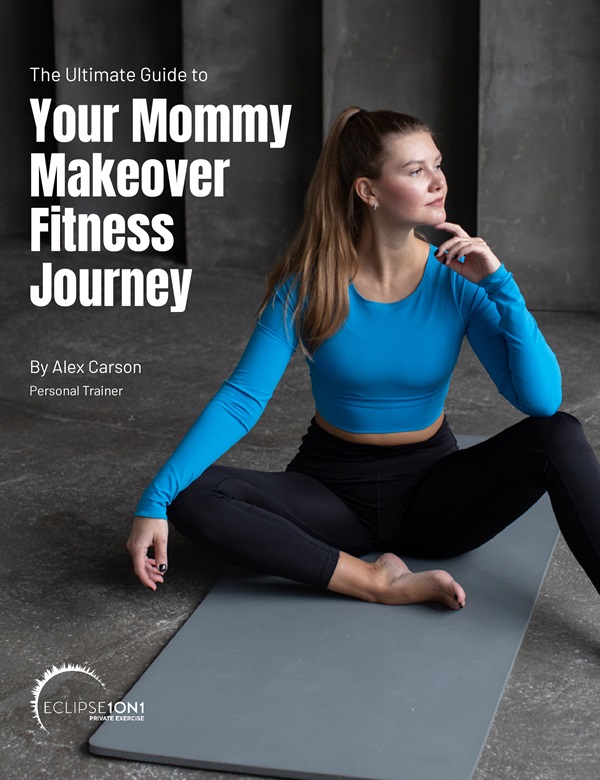The Best Workouts for Depression
The Best Workouts for Depression
When friends and clients ask us, “What’s a good workout for fighting depression?” we want to answer, “What’s not?” But sounding like a smart aleck is probably not the best place to start, so let’s put it another way: Exercise itself has been found in many cases to be as effective as drugs in treating depression.
Who says? Not just us, but Harvard Med, too.
Before we get to suggestions about what to do, this is one of those times when we should address how To start. You see, the paradox is that depression itself will make it hard to begin. In fact, “you don’t feel like doing anything” is probably one of the three biggest lies that depression tells people. (The other two are, “nobody understands how I feel,” and, “I’m going to feel this way forever.”) Those lies even sound dumb, but in depression they can be very, very convincing.
So, job one is to start, and that might be an act of pure will at first.
Breathe In, Breathe Out
Aerobic exercise may have the edge among the best workouts for depression. We think that’s partly because it puts an emphasis on breathing. It is the most essential human function over which we can have conscious control. Aerobic exercise brings breathing up to a level of awareness, and the increased oxygen in the blood supports connections in the pleasure centers of the brain.
The very first tip from a reliable source, the Anxiety and Depression Association of America is “5 x 30:” walk, jog, bike, or dance five times a week for 30 minutes. Now, about breaking through the lies that depression might be telling you – don’t judge yourself if you only do 15 minutes at first, or if you miss one or two of the five days. All-or-nothing thinking is one of ways depression keeps itself going, telling you, “you suck,” if you don’t meet every goal you might set.
Make Friends with Nature
To that “5 x 30” tip from ADDAA, we might add the suggestion that you do your walking or jogging outdoors. Atlanta is pretty receptive to that, in terms of climate. And exposure to the beauties of nature, we think, can be a force multiplier when you’re using exercise as part of your answer to depression. Our Atlanta Beltline, with its 25 miles of scenic and recreational trails linking 45 Atlanta neighborhoods is a big, open invitation for enjoying your outdoor exercise. And if something tells you you’re not measuring up if you don’t walk all 25 miles, then you know that’s depression talking. (Remember to ignore all-or-nothing thinking and judgements against yourself.)
“I Can Do This”
In addition to aerobic exercise, strength and other fitness training offers the fundamental benefit of giving a sense of accomplishment. Just keeping an appointment to exercise is no small victory in the battle to overcome depression. And gradually, as you see results appearing, your sense of effectiveness – they call it “agency” nowadays – grows, too. You get the feeling that you can and do have an impact on your world, and depression gets pushed out by feelings like that.
There are many forms of depression, and we’re not the medical experts you may want to consult as part of your answer. Yet these things we’ve seen and can recommend with confidence. You are not alone. About 10% of people suffer from depression, and sources suggest that number is growing. It’s a demanding life, there is always a degree of uncertainty, and these times are particularly stressful for a lot of people.
So, it makes sense to equip yourself against this inside threat, to know what to do if routine stress and anxiety grow to a point where they’re limiting your interests and activity and effectiveness. We’ve seen what a fertile role exercise can play in turning this around, and we’re glad to share the scope that we can.
At Eclipse 1-on-1, each of the accomplished personal trainers on our team is on your team, too. We’re as invested in your success as you are, so come and share in the satisfaction and well-being.








